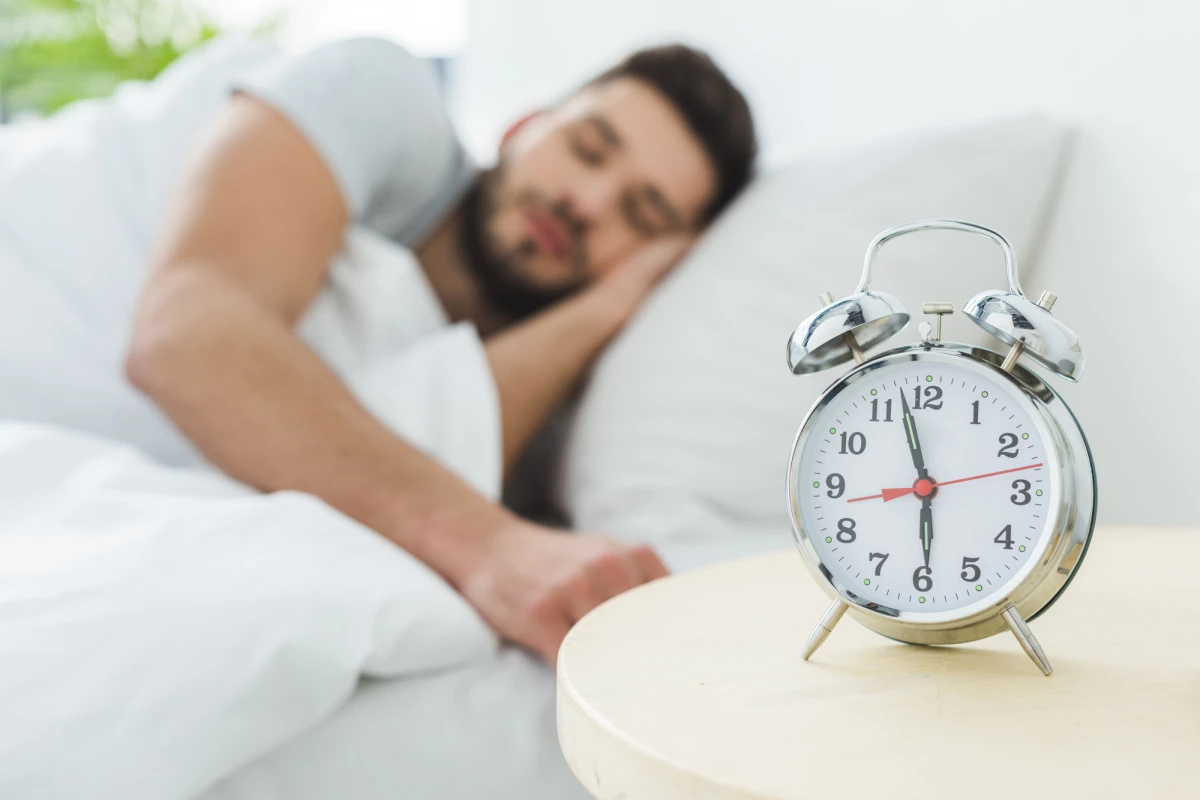The majority of us require roughly eight hours of sleep every night in order to maintain optimal physical and mental health. But some people seem to thrive off just four to six hours per night, with no negative consequences. New work from UC San Francisco has homed in on the third gene directly connected to these “short sleepers”, and tests reveal the gene also prevents cognitive problems often associated with sleep deprivation.
About a decade ago a team of researchers from UC San Francisco discovered the first gene to be linked to healthy short sleep cycles. In studying a woman who comfortably slept around four hours a night, the researchers uncovered the first evidence that sleep duration can be somewhat regulated by genetics.
“Ten years ago, when we identified the first short sleep gene, the field of sleep genetics was in its infancy,” explains Ying-Hui Fu, a UCSF professor of neurology who led the research discovering all three short sleep genes. “People didn’t think that genes could significantly influence sleep behaviors, and big breakthroughs were rare. Today the field is advancing much more rapidly, and we’re beginning to get a better picture of how important your genes are to getting a good night’s sleep.”
The researchers discovered a second gene mutation connected with short sleep just recently, verifying in animal tests that the genes seem to shorten sleep cycles with none of the adverse effects we know to be associated with sleep deprivation.
The new research stemmed from studying a father-son pair who both slept around five hours every night without any cumulative adverse effects. The study uncovered a single-letter mutation in a gene previously known to regulate sleep. Called NPSR1, mutations in the gene are thought to be exceptionally rare, causing over-expression of proteins that activate wakefulness pathways in the brain.
Most interesting, however, was the discovery that this particular gene seems to prevent memory problems associated with sleep deprivation. A mouse study revealed sleep deprivation disrupted the animals’ ability to effectively form fear-based memories, but mice bred with the NPSR1 mutation seemed to form effective memories even after sleep deprivation.
“NPSR1 not only promotes short sleep, it also prevents memory problems that usually result from sleep deprivation,” says Fu. “This is the first gene that anyone’s discovered that exerts a protective effect against one of the many adverse consequences of sleep deprivation.”
The implications of this new discovery are fascinating. Louis Ptáček, co-senior author on the study, notes the well known health consequences of sleep deprivation from diabetes to cardiovascular problems, and suggests the research may pave the way for drugs that can prevent the negative cognitive effects of short sleep in those unlucky enough to have normal genes.
“Not only does this discovery provide us with a better understanding of how genes contribute to an unusual sleep phenotype, it also offers up an appealing target for future therapies that may help treat sleep disorders or prevent certain cognitive deficits associated with lack of sleep,” says Ptáček.
The new study was published in the journal Science Translational Medicine.
Source: UC San Francisco




